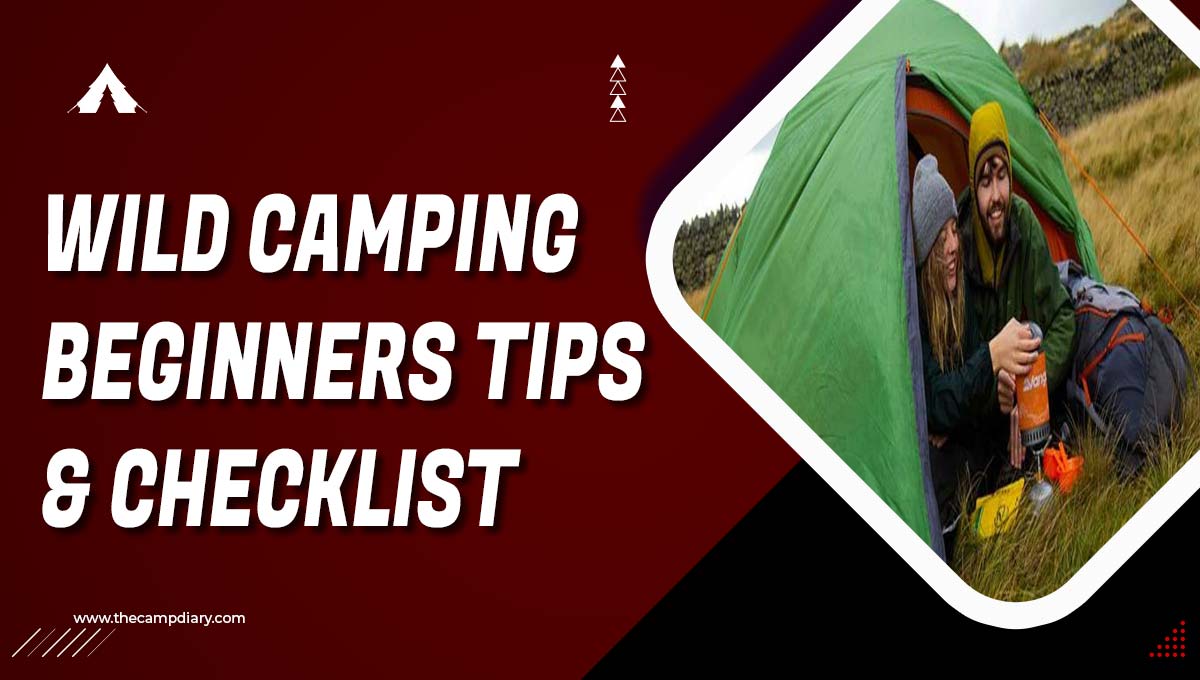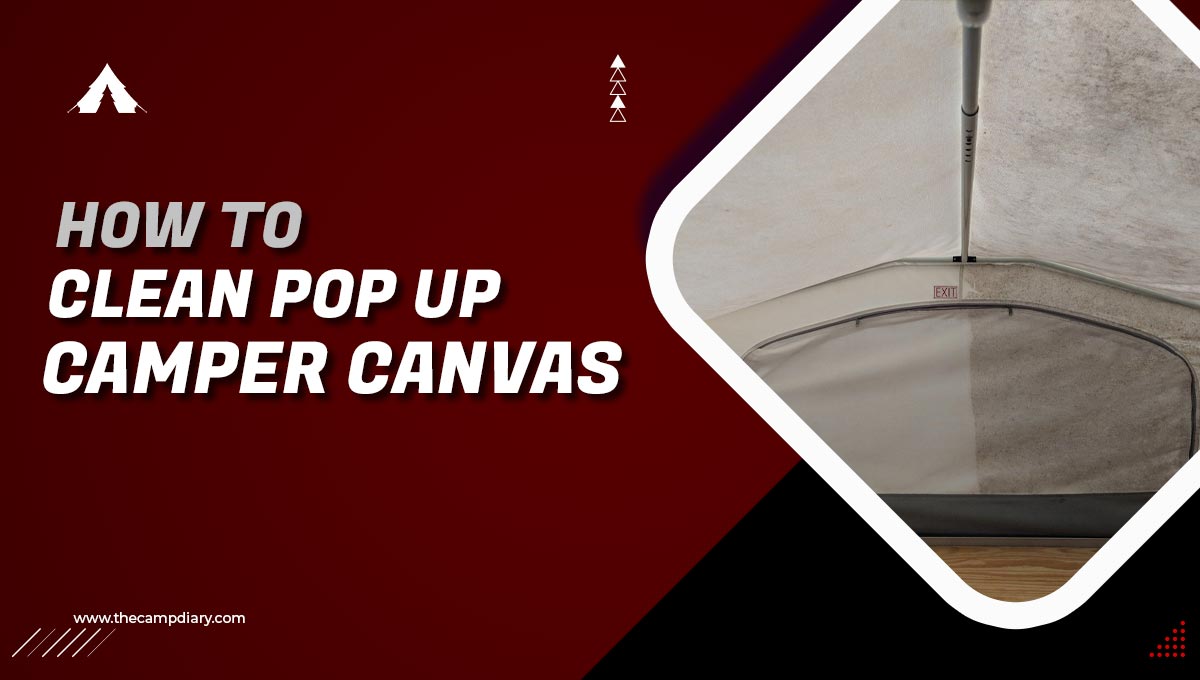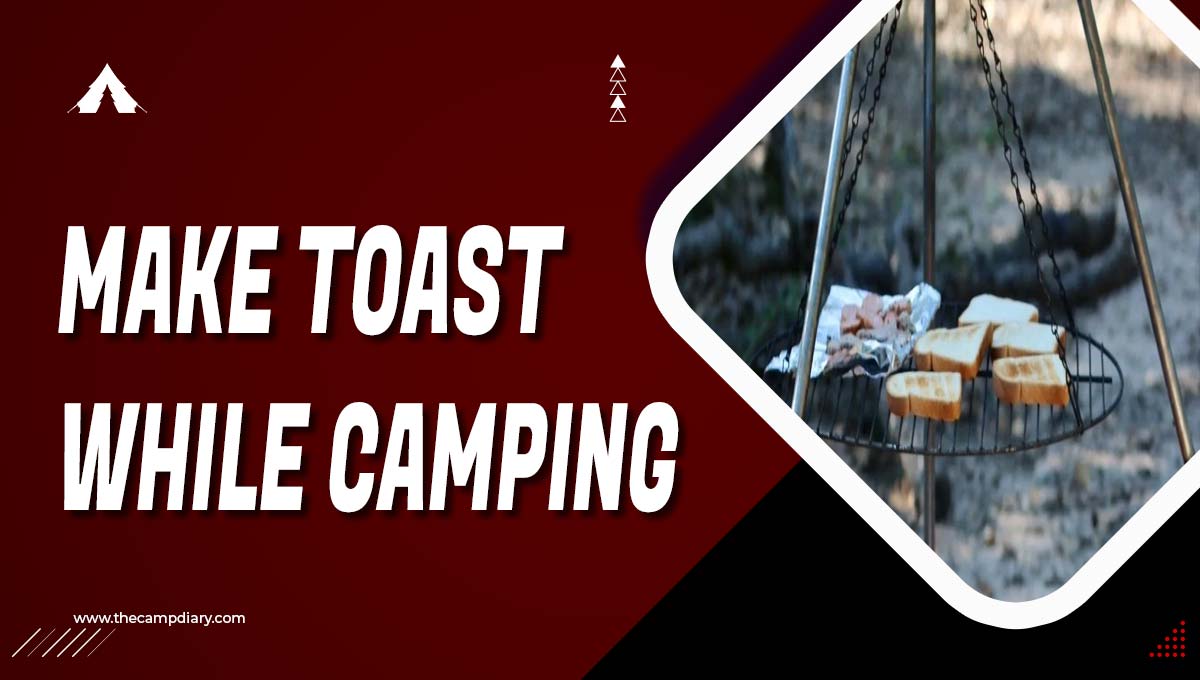If you’re thinking about venturing into the great outdoors for some wild camping, there are a few things you need to know to make sure your experience is safe and enjoyable. Check out our beginners tips and checklist to get started!
When venturing into the great outdoors for some wild camping, there are a few things you need to consider to make sure your experience is safe and enjoyable. Here are some tips and a checklist to get you started:
1. Choose a good spot: When wild camping, you’re not restricted to designated campsites so you can camp wherever you like (within reason). However, it’s important to choose a spot that is safe and legal. Avoid camping too close to roads or trails, in sensitive ecosystems, or on private property.
2. Pack the essentials: Make sure you have all the gear you need for a comfortable stay in the wilderness. This includes a tent, sleeping bag, food and water, cooking utensils, a first-aid kit, and warm clothing.
3. Be prepared for the elements: Depending on the time of year and location, you may need to be prepared for extreme weather conditions. Make sure you have the right gear and clothing to keep you warm, dry, and safe.
4. Leave no trace: When wild camping, it’s important to practice Leave No Trace principles to minimize your impact on the environment. This includes packing out all your trash, respecting wildlife, and being careful with fires.
By following these tips, you can ensure that your wild camping adventure is safe, legal, and enjoyable for everyone involved. So what are you waiting for? Get out there and explore!
Basic Packing List for Wild Camping
- Tent
- Sleeping bag
- Food and water
- Cooking utensils
- First-aid kit
- Warm clothing
- Weather-appropriate gear and clothing
- Trash bags
- Firewood (if allowed)
- Matches or a lighter
Do Some Investigation About Potential Wild Camp Spot
- Check the weather forecast
- Look up maps of the area
- Read up on any local regulations or restrictions
- Get in touch with the local land management agency for more information
- Check for any fire bans or warnings in the area
By doing some research ahead of time, you can be sure that you’re choosing a safe and legal spot for your wild camping adventure. And once you’ve found the perfect spot, all that’s left to do is sit back, relax, and enjoy the wilderness!
Is Wild Camping Safe?
Yes, wild camping is safe as long as you take the necessary precautions and plan ahead. When choosing a spot to camp, make sure it is safe and legal. And be sure to pack the essentials like a tent, sleeping bag, food and water, and a first-aid kit. By following these tips, you can ensure that your wild camping adventure is safe and enjoyable for everyone involved.
Clothes For Wild Camping
The clothing you pack for wild camping will depend on the time of year and location. In general, you should pack clothes that are warm, dry, and comfortable. It’s also a good idea to have a few extra layers in case the weather changes or you get cold at night. And be sure to pack plenty of socks! Here are a few other clothing items to consider packing for wild camping:
- Hat
- Gloves
- Scarf
- Boots
- Rain jacket
- Pants
- Shirt
- sweater
By packing the right clothing, you can be sure that you’re prepared for any weather conditions you may encounter while wild camping.
Read : 20 Tips for Safe Tent Camping
Conclusion
Wild camping is a great way to enjoy the wilderness and get away from it all. But before you head out into the wild, there are a few things you need to know. First, you need to choose a safe and legal spot to camp. Then, pack the essentials like a tent and sleeping bag. And finally, be prepared for any weather conditions. By following these tips, you can ensure that your wild camping adventure is safe and enjoyable for everyone involved.
Frequently Asked Questions
Can I camp anywhere when wild camping?
No, you cannot camp anywhere when wild camping. You need to choose a safe and legal spot to set up your camp. Avoid camping too close to roads or trails, in sensitive ecosystems, or on private property.
Do I need a permit to wild camp?
It depends. Some land management agencies require permits for camping, while others do not. Be sure to check with the local land management agency for information about permit requirements in the area you plan to camp.
How do I dispose of human waste when wild camping?
When disposing of human waste, it’s important to follow Leave No Trace principles. This includes digging a hole at least six inches deep and 200 feet from any water source, and then filling in the hole when you’re finished.
How can I stay safe while wild camping?
There are a few things you can do to stay safe while wild camping. Choose a safe and legal spot to camp, pack the essentials like a tent and first-aid kit, and be prepared for any weather conditions. By following these tips, you can ensure that your wild camping adventure is safe and enjoyable for everyone involved.



![How To Sleep In Your Car In The Winter [2023 Guide]](/uploads/how-to-sleep-in-your-car-in-the-winter.jpg)


![How To Keep Your Dog Warm While Camping - 15 Methods [2023]](/uploads/how-to-keep-dogs-warm-while-camping.jpg)
